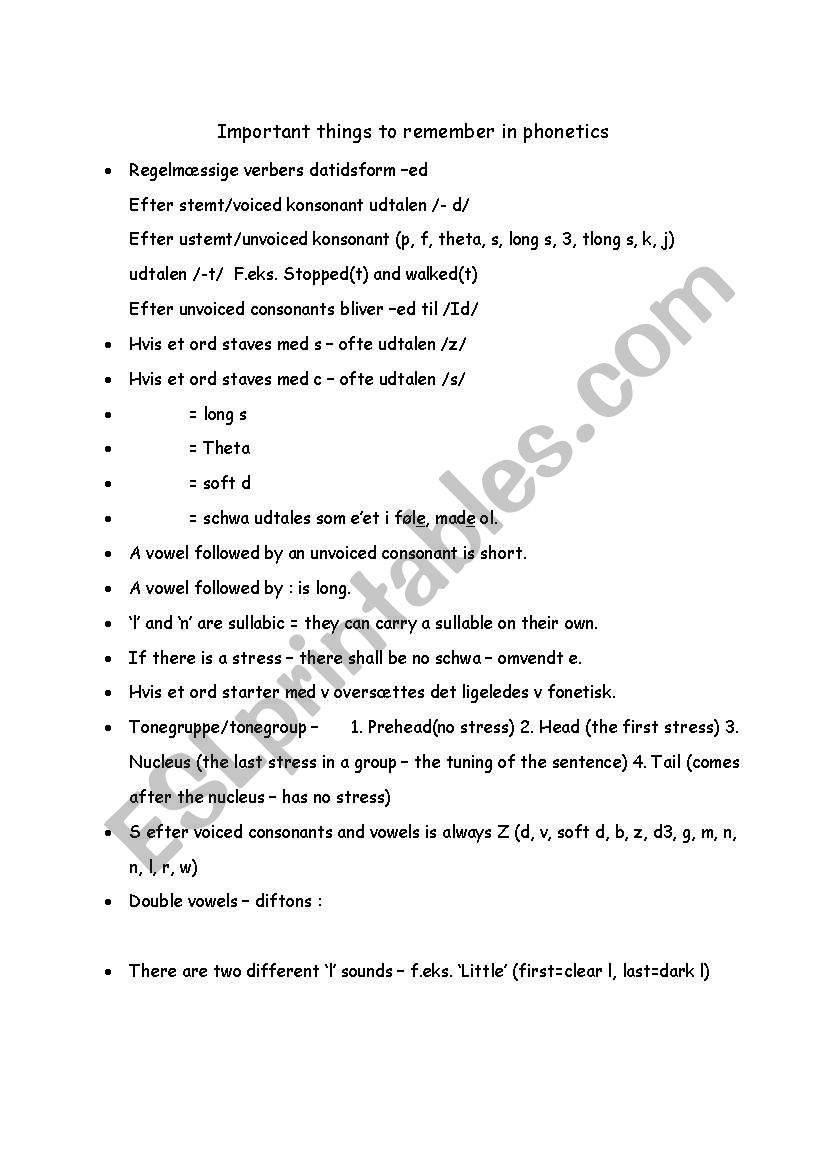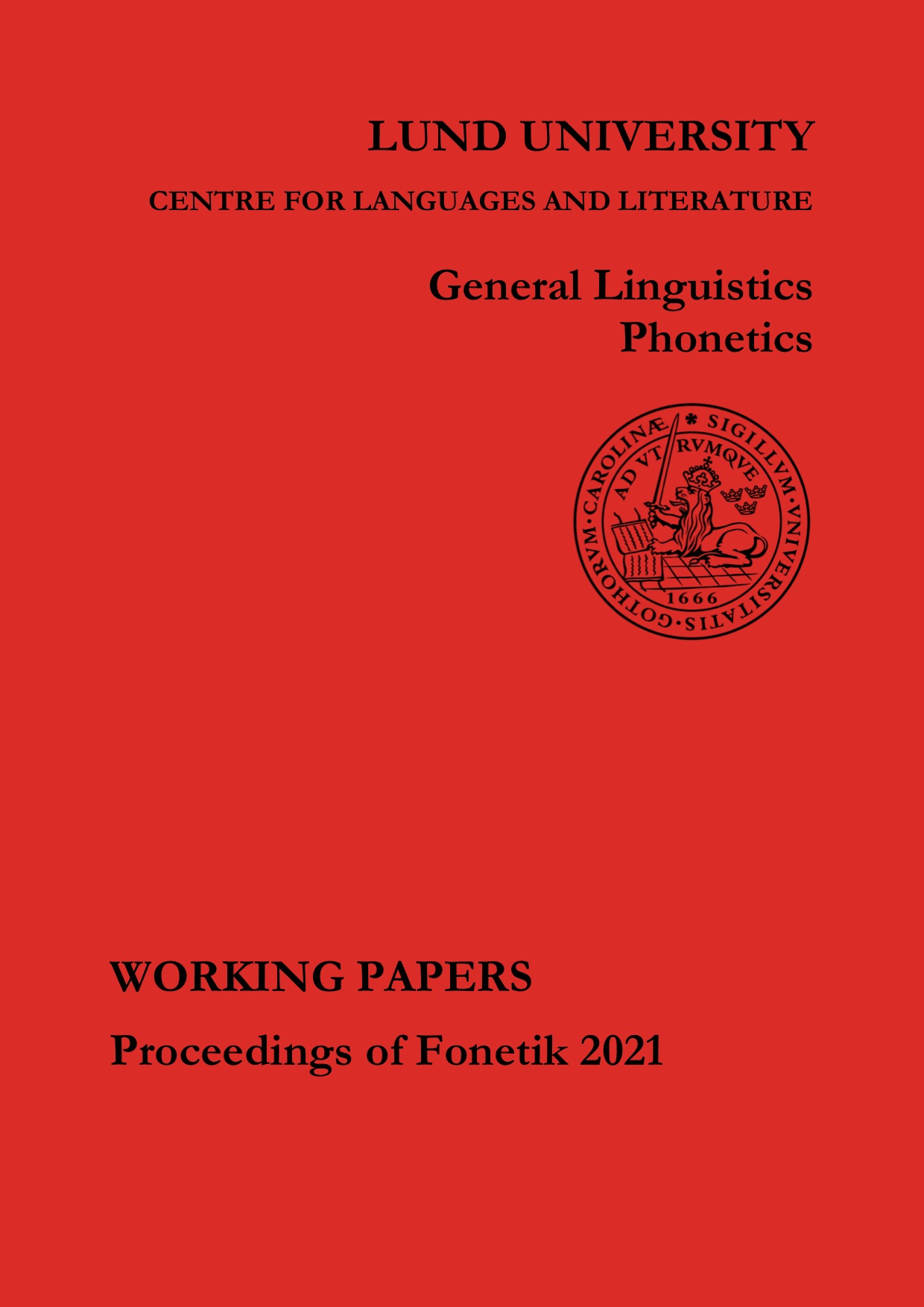Phonetics is the study of the sounds of human speech. It is a crucial aspect of linguistics, as it helps us to understand how language works and how we can use it effectively to communicate with others. In this essay, I will discuss the importance of phonetics in several different contexts.
First, phonetics is important for language learning. When we learn a new language, we must learn how to produce the sounds of that language accurately. This involves learning the correct mouth positions, tongue movements, and airstream mechanisms that are used to produce the various sounds of the language. Phonetics helps us to understand these production mechanisms and to practice making the sounds correctly.
Second, phonetics is important for speech therapy. Many people have difficulty producing certain sounds, either due to physical impairments or due to developmental delays. Speech therapists use phonetics to help these individuals learn to produce the sounds of their language more accurately and fluently. This can be especially important for children, as their language skills are still developing and they may be more receptive to learning new sounds.
Third, phonetics is important for language documentation and preservation. There are many languages spoken around the world, and some of them are in danger of being lost as they are not being passed down to the next generation. Linguists use phonetics to document these endangered languages, recording the sounds and the ways in which they are used in the language. This helps to preserve the language for future generations and to ensure that it is not lost.
Fourth, phonetics is important for language translation and interpretation. When translating from one language to another, it is important to accurately convey the sounds and meanings of the original language. Phonetics helps translators to understand the sounds and production mechanisms of the languages they are working with, which helps them to produce more accurate translations. Similarly, interpreters must be able to accurately produce the sounds of multiple languages in order to effectively convey the meaning of the original message.
In conclusion, phonetics is an important aspect of linguistics that helps us to learn, preserve, and communicate with languages. It is a vital tool for language learners, speech therapists, linguists, and translators, and it helps us to better understand and appreciate the complex and fascinating ways in which humans use language.






